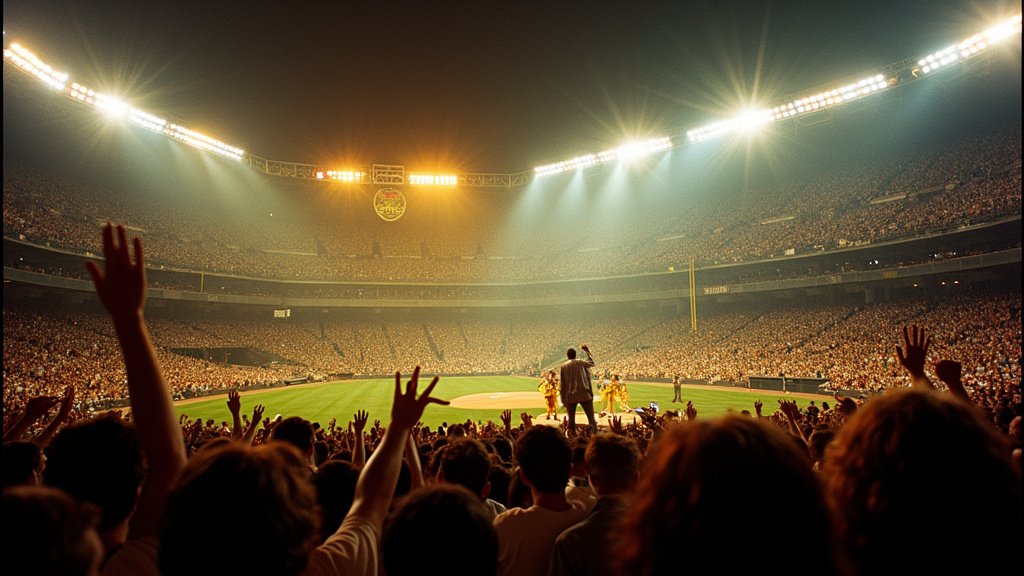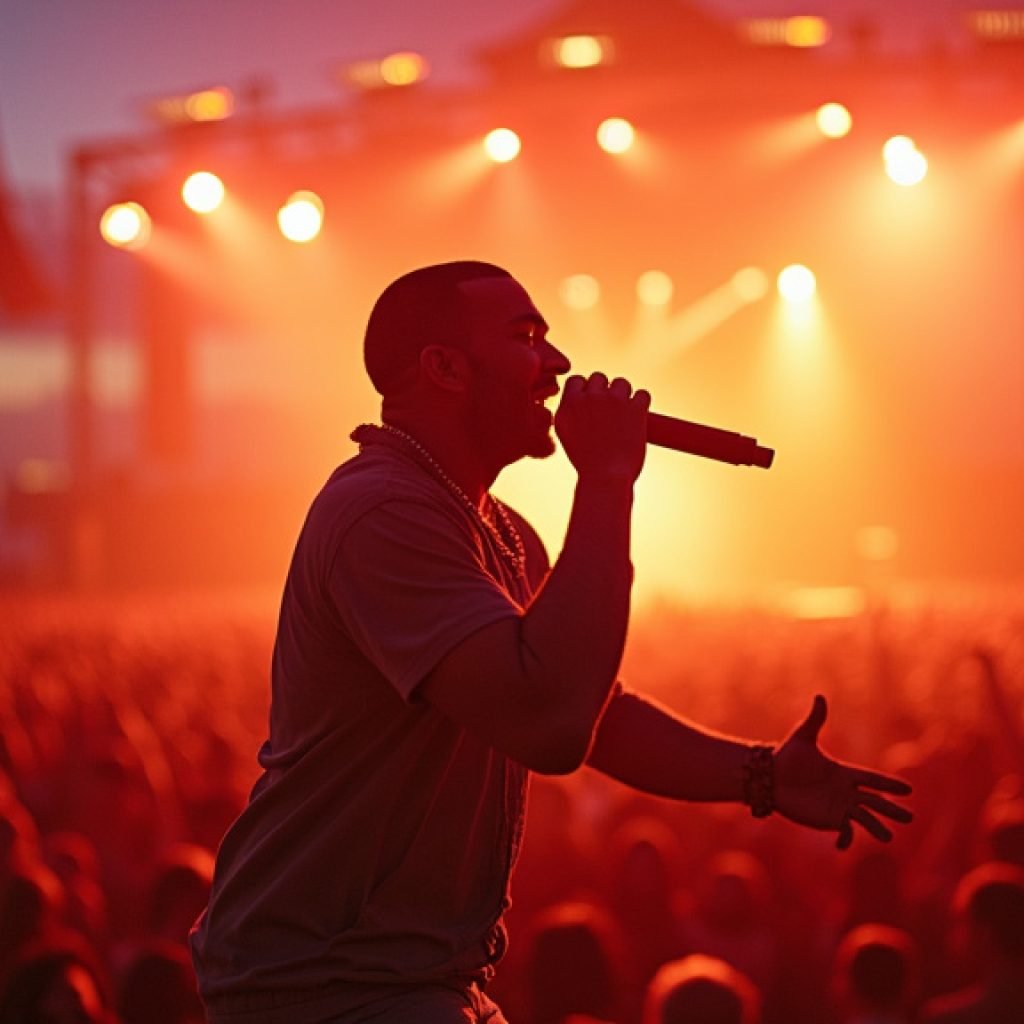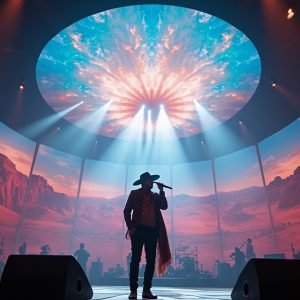Fifty years ago, the thunderous rhythms of salsa music reverberated far beyond the usual confines of New York City’s vibrant Latin quarters, culminating in an unforgettable spectacle at Yankee Stadium. On August 23, 1973, Fania Records orchestrated a legendary concert that not only drew an estimated 40,000 fans but also cemented salsa’s status as a dominant cultural force and a powerful voice for the Latinx community. This monumental event, often referred to as the “birthplace of salsa’s stadium era,” continues to be celebrated for its profound impact on music history and its role in shaping a new era for Latin music.
The Rise of Salsa and the Fania Phenomenon
Salsa, a genre born from a rich fusion of Afro-Caribbean rhythms, jazz, and the unique cultural tapestry of New York City, found its most potent champion in Fania Records. Founded in 1964 by Jerry Masucci and Johnny Pacheco, Fania emerged as a crucial incubator for the burgeoning salsa scene, bringing together a constellation of prodigious talents. These artists, many of them immigrants or children of immigrants from Puerto Rico, Cuba, and the Dominican Republic, channeled their experiences, pride, and struggles into a music that was both deeply personal and universally resonant. The label’s innovative approach and its commitment to showcasing authentic Latin sounds propelled artists like Celia Cruz, Héctor Lavoe, Willie Colón, and Ray Barretto to international stardom.
Yankee Stadium: A Historic Stage for a Cultural Revolution
The decision to host the Fania All-Stars at Yankee Stadium was audacious. Typically a venue for baseball giants, the stadium transformed into a colossal dance floor, signaling a significant cultural shift. The concert was more than just a performance; it was a declaration of identity and a celebration of heritage for tens of thousands of fans, many of whom were new arrivals to the United States seeking connection and representation. The Fania All-Stars, a rotating ensemble of the label’s brightest stars, delivered a powerful performance that fused various Latin American styles with raw, urban energy. The concert’s electric atmosphere and the sheer scale of its audience underscored salsa’s explosive popularity and its deep connection with the community.
An Enduring Legacy and Critical Acclaim
The impact of the Yankee Stadium concert extended far beyond a single night. The event was meticulously captured in live albums, notably “Live at Yankee Stadium Vols. 1 & 2,” which earned the Fania All-Stars their first Grammy nomination. These recordings, along with associated films, preserved the raw energy and artistic brilliance of the Fania movement for posterity. In recognition of its cultural, historical, and aesthetic significance, the “Live at Yankee Stadium” album was later added to the U.S. National Recording Registry by the Library of Congress. This honor solidified the concert’s place not just as a pivotal moment in salsa history, but as a cornerstone of American music heritage.
The music produced by Fania Records and the Fania All-Stars told the complex stories of Latinx life in America, offering a soundtrack for activism, social change, and a burgeoning sense of pan-Latin identity. Artists like Rubén Blades brought socially conscious lyrics to the forefront, further deepening the genre’s cultural resonance.
Honoring the Golden Age
As the 50th anniversary of this iconic event passed in 2023, it sparked renewed appreciation for Fania’s contributions and the cultural revolution that salsa represented. This seminal concert remains a touchstone, a testament to how music can unify diverse communities and amplify their voices. It serves as a reminder of New York City’s role as a crucible for cultural innovation, where immigrant dreams, fused with percussive beats and soulful melodies, created a genre that continues to move the world. The enduring power of the Fania All-Stars’ performance at Yankee Stadium ensures that these stories and this music will continue to inspire generations to come, keeping the vibrant spirit of salsa alive.

























